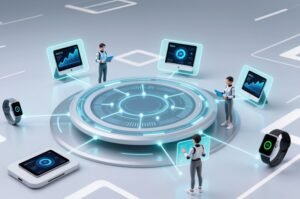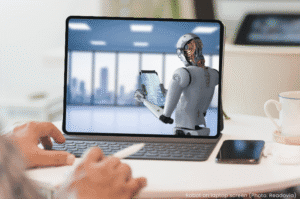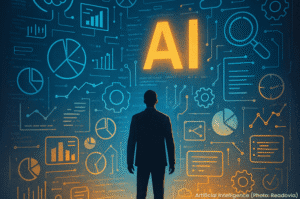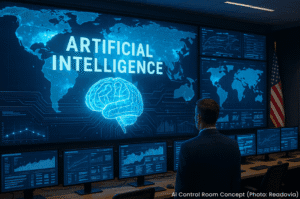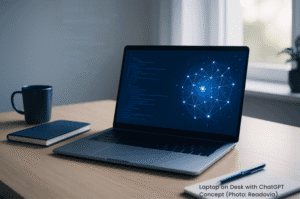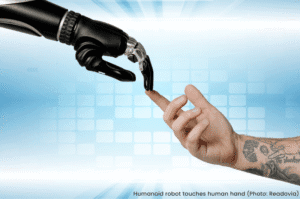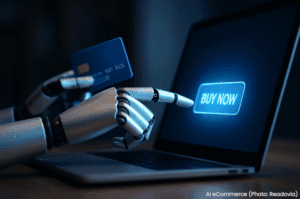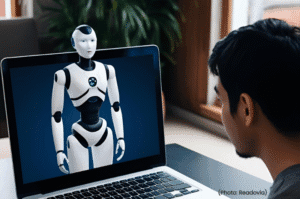
It started with “smart replies.” Then came calendar assistants. Now, AI agents are quietly running entire chunks of office life — answering emails, accepting meetings, and sending follow-ups — often without the employee lifting a finger.
Across major corporations and startups alike, autonomous AI agents are becoming the invisible middle managers of modern productivity. Tools like OpenAI’s o1-series assistants, Anthropic’s Claude Workflows, and Microsoft’s Copilot Teams integrations are being trained to anticipate next steps and act on them. Analysts say what used to be “assistive AI” is fast evolving into delegated decision-making.
Recent studies show a sharp rise in the use of AI for workplace automation, with some professionals now allowing intelligent systems to sort and prioritize their inboxes. The shift is raising fresh ethical questions about data privacy and accountability — especially as these bots begin responding on behalf of human managers.
Experts warn that while AI delegation boosts output, it also risks blurring authorship and responsibility. “We’re entering an age where an email that looks human may not be,” notes tech ethicist Leah Ortiz. “The bigger concern isn’t that AI’s doing the work — it’s that no one notices.”
Between the Lines
For employees embracing email automation, the trade-off feels worth it — less inbox stress, fewer scheduling conflicts, and more focus on meaningful work. As companies chase higher productivity targets, invisible AI labor is quickly shifting from novelty to necessity.



